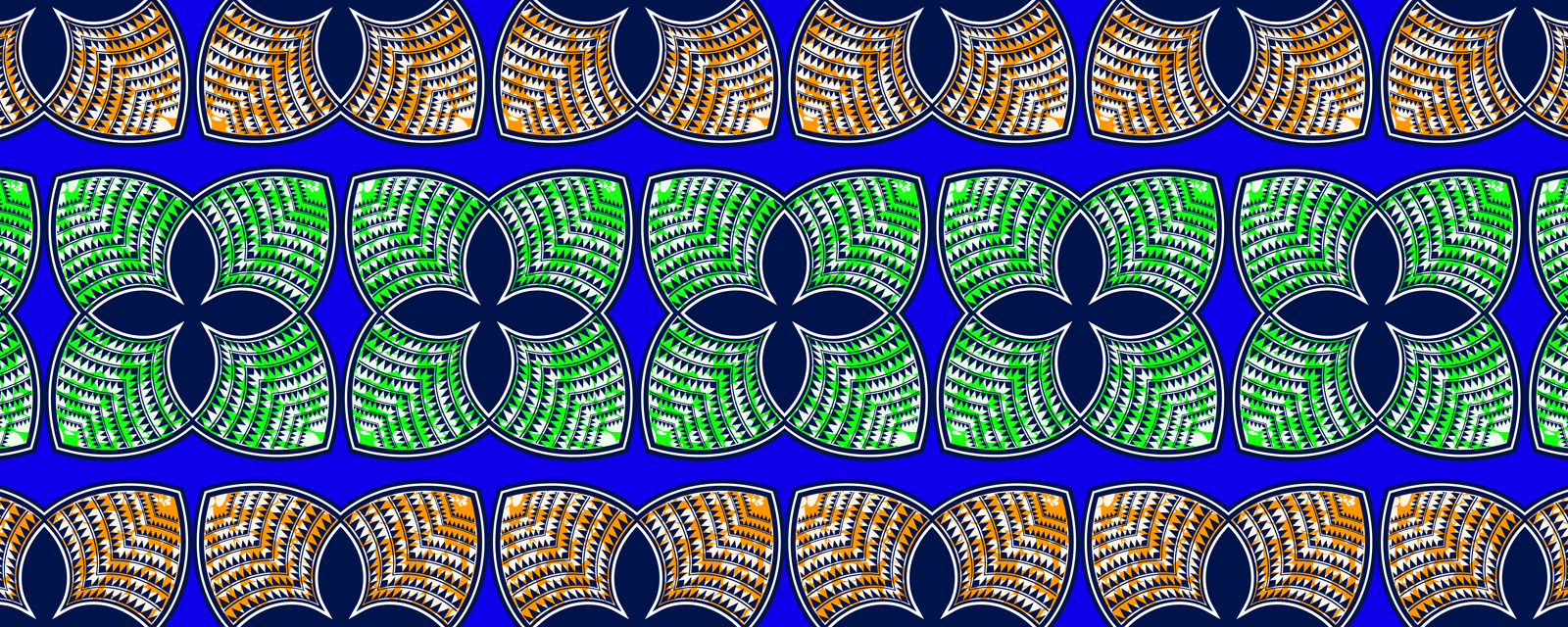The rise of the Zulu nation under the leadership of Shaka Zulu in the early nineteenth century disrupted many traditional alliances in Southern Africa. This era of heightened military conflict led to the ‘great scattering’ (Mfecane), as various clans migrated out of South Africa and into neighbouring countries.
The Ngoni kingdoms established in Malawi, Mozambique, Tanzania, Zimbabwe, and Zambia were created by two chiefs, Inkosi Zwangendaba and Inkosi Mputa Maseko who came up from the south, conquering and forcibly incorporating the communities they encountered on their journey northwards.
Chief Zwangendaba was a relative of Shaka and served under him as a military commander but split from the Zulu king after a dispute over the payment of tributes. He led his people on a wandering migration of more than 1,000 miles over two decades. Their journey took them through the areas of what is now Mozambique, Zimbabwe, Zambia, Malawi and finally to the western part of Tanzania, where Zwangendaba set up a base at Mapupo.
Chief Mputa (‘The Smiter’) Maseko led another group of Nguni-speaking people out of South Africa into the Ntcheu region of Malawi and then to the Rovuma river that forms the border between Tanzania and Mozambique.
This is one of the Ngoma traditional dance songs by the Maseko Ngoni, recorded in the Ntcheu District of Malawi. Originally a war dance, Ngoma was performed in preparation for battle and to celebrate victory. In more peaceful times it became a dance to celebrate the installation of a new Chief or a successful hunt. In Malawi today it is mostly performed at wedding ceremonies, festivals and at funerals.
Mputa Maseko used severe discipline to enforce cohesion within the expanding Ngoni community, but the following song Ndiyimba ndi yani (‘With Whom Shall I Sing?’) laments that the youth of today have turned their backs on tradition and no longer follow instructions from the elders or obey orders from the Ngoni leader.
My thanks to Waliko Makhala of the Malawi Broadcasting Corporation for the transcript and translation that follows.
These are two the same two people
The same two
The same two
Thus why do you fight each other?
At the homestead
The same two
The same two
Thus why do you fight each other?
At the homestead
With whom shall I sing?
The Inkosi has ordered.
Sorry Sato
Sorry Chisale
Chikhwangwa eeeee… (1)
Whom shall I sing with?
The Inkosi has ordered
The boys are refusing
The Inkosi has ordered
Two are people
With whom shall I sing?
The Inkosi has ordered. (2)
(Verses repeated four times.)
Here is a transcript of the lyrics in the original Ngoni.
Ati Wanthu awiri ndomwenu Angoni
Ndawiri ndomwenu
Ndawiri ndomwenu
Msaka mzilimbani?
Pakhomo pomwepo
Ndawiri ndomwenu
Ndawiri ndomwenu
Msaka mzilimbana?
Pakhomo pomwepo
Ndiyimba ndi yani?
Ngoma anyamata akukana
Nkosi yalamula.
Eeee pepa Sato
Pepa Chisale
Eeee Chikhwangwa eeeee…
Ndiyimba ndi yani
Nkosi yalamula
Anyamata akukana
Nkosi yalamula
Wanthu ndi awiri Makosana
Ndiyimba ndi yani
Ine Nkosi yalamula.
from the Malawi Broadcasting Corporations archives,
recorded in Ntcheu, Malawi
translated and transcribed by Waliko Makhala.
Footnotes
- Sato, Chisale, Chikhwangwa: Names of Elders.
- Inkosi: The chief.

